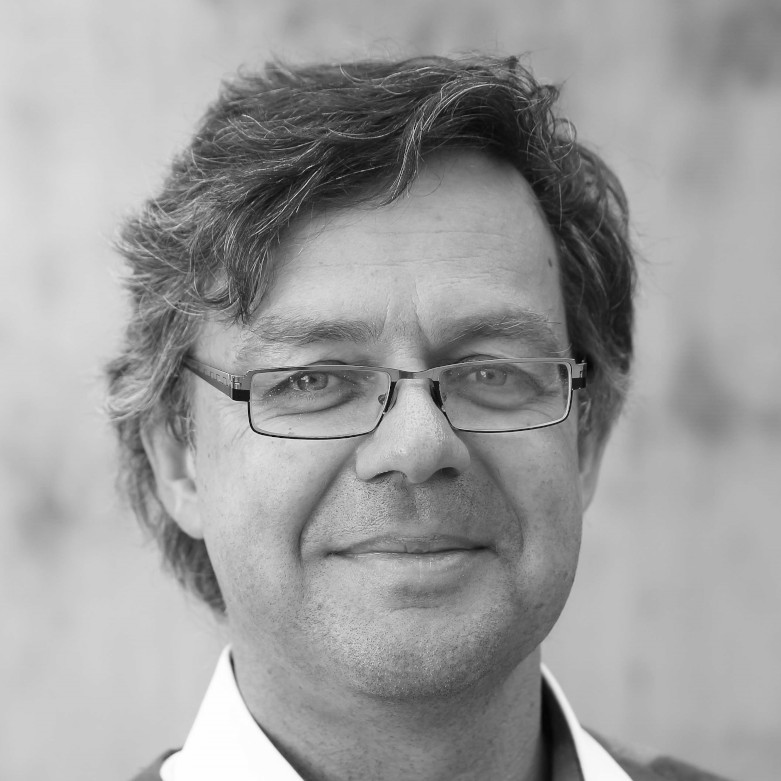Tuesday Keynote 2020
 Matthias Troyer
Matthias Troyer
Distinguished Scientist, Microsoft
__________________________________________________________________________________________________________
Quantum Computing: From Academic Research to Real-World Applications
(Tuesday, June 23)
Still in early development, quantum computing is already overturning our contemporary notions of computational methods and devices. Using new concepts of computing based in quantum physics, these computers will be able to solve certain problems that are completely intractable on any imaginable classical computer, such as accurate simulations of molecules and materials, or breaking public key encryption. While this potential is real, quantum computers are best viewed as special purpose accelerators for specific problem classes.
In an effort to bring clarity to the fast-growing field of quantum computing, I will describe the hardware and software architecture of quantum computers and discuss how they differ from conventional classical high performance computers. Based on this, I will also attempt to dispel myths and hype surrounding the field and present a realistic assessment of the potential of these devices and the specific application areas on which they are expected to have a large impact. I will end by showing that quantum computing already generates value today, through quantum inspired approaches. These are quantum approaches implemented on classical HPC hardware that outperform the state of the art of classical methods known before, with applications in health care, logistics, chemistry and other areas.
__________________________________________________________________________________________________________
Matthias Troyer is a Distinguished Scientist at Microsoft and affiliate faculty at the University of Washington. He is a Fellow of the American Physical Society and Vice President of the Aspen Center for Physics. Troyer is a recipient of the Rahman Prize for Computational Physics of the American Physical Society for “pioneering numerical work in many seemingly intractable areas of quantum many body physics and for providing efficient sophisticated computer codes to the community.” He is also a recipient of the Hamburg Prize for Theoretical Physics. He received his PhD in 1994 from ETH Zurich in Switzerland and spent three years as a postdoctoral researcher at the University of Tokyo. Later, Troyer was professor of Computational Physics at ETH Zurich until joining Microsoft’s quantum computing program at the beginning of 2017. At Microsoft he works on quantum architecture and leads the development of applications for quantum computers. His broader research interests span high performance computing, and quantum computing, as well as simulations of quantum devices and island ecosystems.
__________________________________________________________________________________________________________
